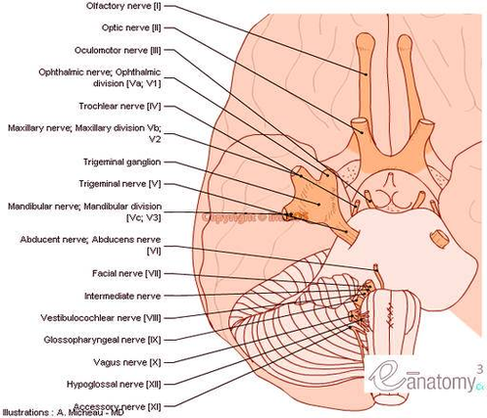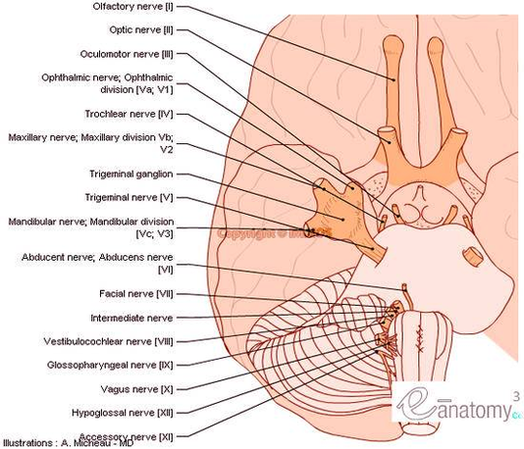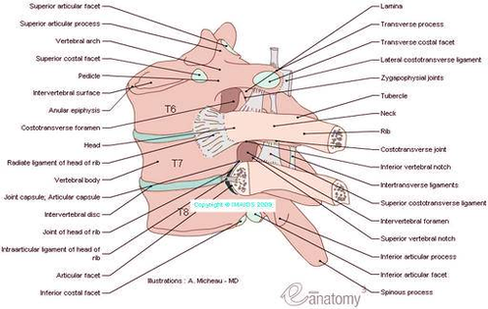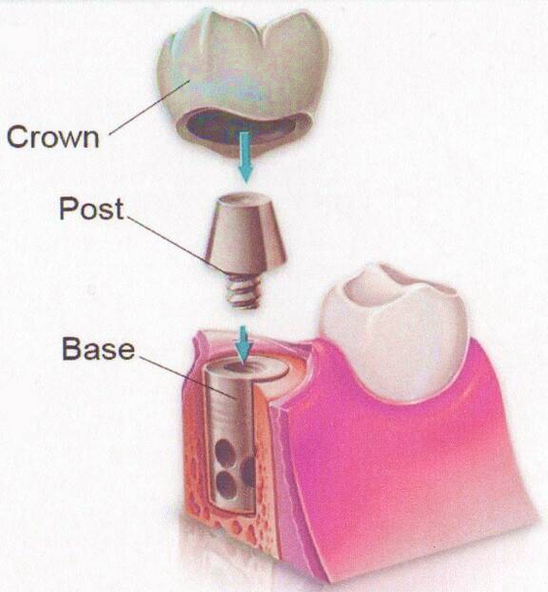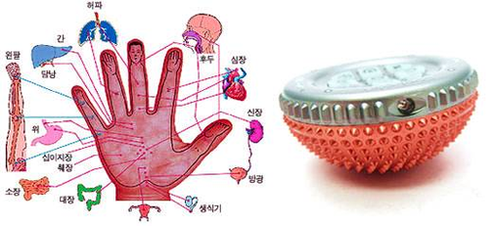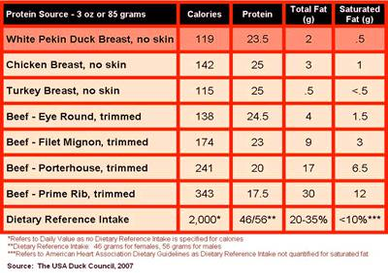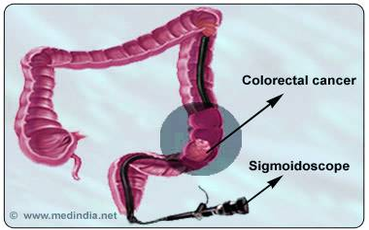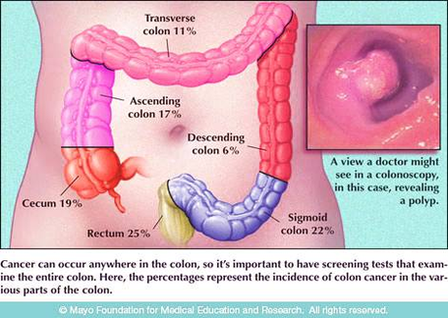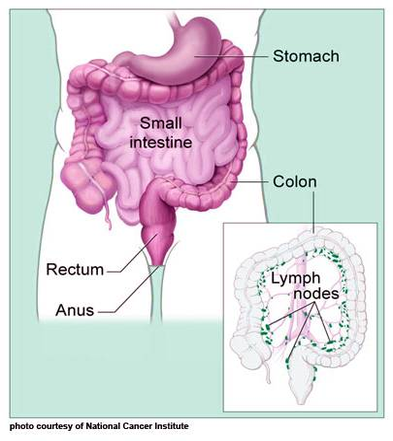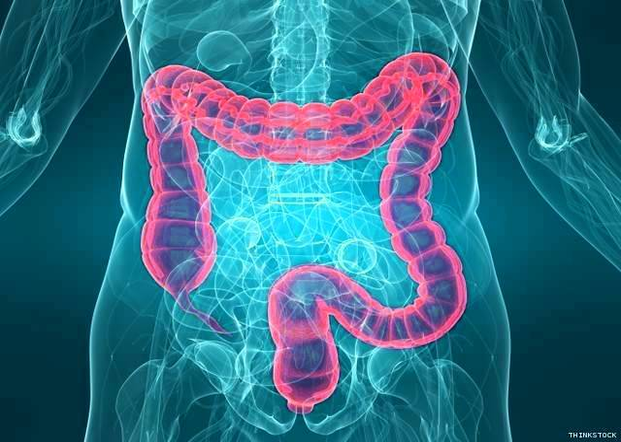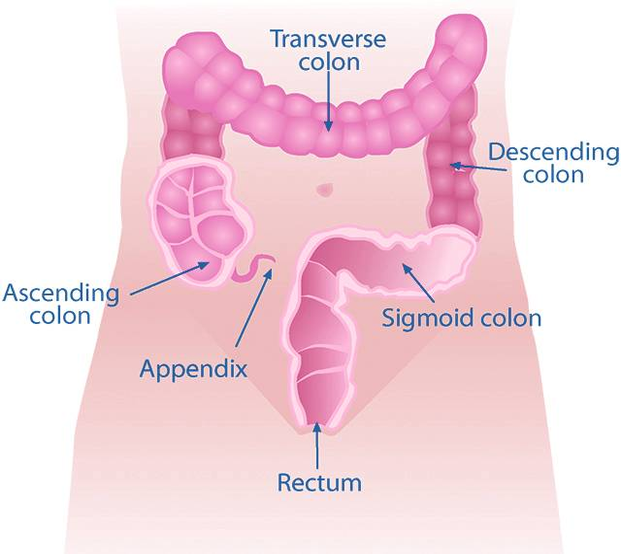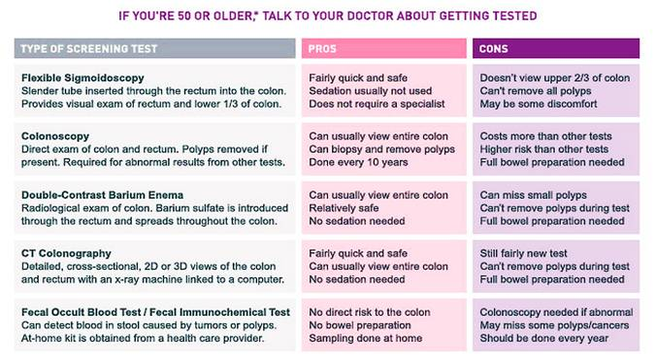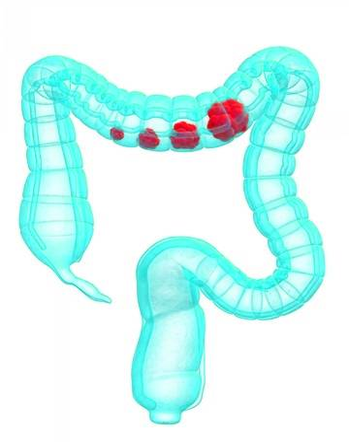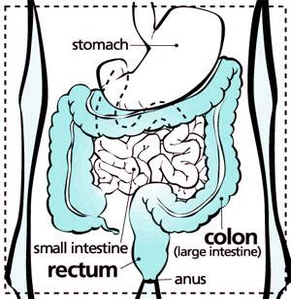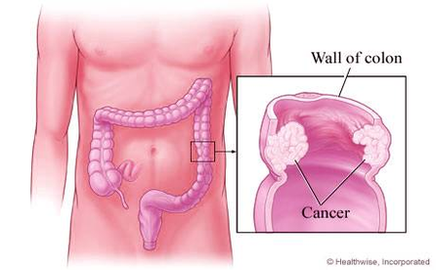Costovertebral joints anatomy diagram
Costovertebral joint consists of the head of the rib (the head of a typical rib has two facets - each facet with a separate synovial joint separated by a ridge.…
Posted inDiagrams
Corvallis dental implants figure
Our in-house dentists are on hand to perform special dental procedures such as extractions, implants, crowns, and bridges. Ask about our $69 extraction special and your first exam and consultation…
Posted inDiagrams
Cool con remote control photo
Browse 30,634 remote control stock photos and images available, or search for remote control hand or remote control isolated to find more great stock photos and pictures. Use a camera…
Posted inDiagrams
Consumer nutrition chart
A nutrition facts table can also be used to: 1 learn about a food's nutritional value (calories and nutrients) 2 see if a food contains a little (5% DV or…
Colorectal cancer screenings
Screening is the process of looking for cancer in people who have no symptoms. Several tests can be used to screen for colorectal cancer (see American Cancer Society Guideline for…
Colorectal cancer screening
Screening is the process of looking for cancer in people who have no symptoms. Several tests can be used to screen for colorectal cancer (see American Cancer Society Guideline for…
Colorectal cancer lg
Sometimes it is called colon cancer, for short. As the drawing shows, the colon is the large intestine or large bowel. The rectum is the passageway that connects the colon…
Colorectal cancer diagram
Colorectal cancer is cancer that occurs in the colon or rectum. Sometimes it is called colon cancer, for short. As the drawing shows, the colon is the large intestine or…
Posted inDiagrams
Colonos screening diagram
Colonoscopy is one of the colorectal cancer screening tests available to people in the US who are over 50 years of age. Although widely touted in the US as the…
Posted inDiagrams
Colon lg caption figure
The figure caption labels is italic, the caption text is bold and italic. The subfigure label is bold, the text is normal and it is aligned left. As explained in…
Posted inDiagrams
Colon figure
WHAT IS THE COLON? The colon is also known as the large bowel or large intestine. It is an organ that is part of the digestive system (also called the…
Posted inDiagrams
Colon diagram
Colon: The long, coiled, tubelike organ that removes water from digested food. The remaining material, solid waste called stool, moves through the colon to the rectum and leaves the body…
Posted inDiagrams
Coloncheckmb colon diagram
Anatomy of Colon and Rectum. The rectum is the last anatomic segment before the anus. The ascending and descending colon are supported by peritoneal folds called mesentery. The right colon…
Colon cancer stages
There are 5 stages: stage 0 (zero) and stages I through IV (1 through 4). The stage provides a common way of describing the cancer, so doctors can work together…
Colon cancer screening types diagram
You may hear about other colorectal cancer screening tests, but Ontario’s colorectal cancer screening program, ColonCancerCheck, does not recommend using them. There is not enough research showing that they are…
Colon cancer screening image
Screening is the best way of finding colorectal cancer early. Most people ages 50 to 74 are at average risk of getting colorectal cancer, meaning they do not have a…
Colon cancer screening
Screening is the best way of finding colorectal cancer early. Most people ages 50 to 74 are at average risk of getting colorectal cancer, meaning they do not have a…
Colon cancer explained
Colorectal cancer is a cancer that starts in the colon or the rectum. These cancers can also be named colon cancer or rectal cancer, depending on where they start. Colon…

